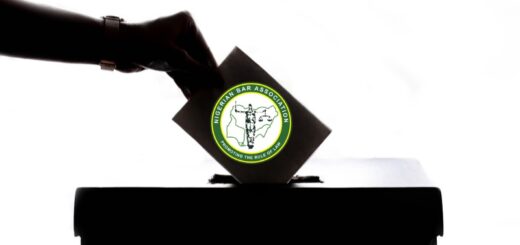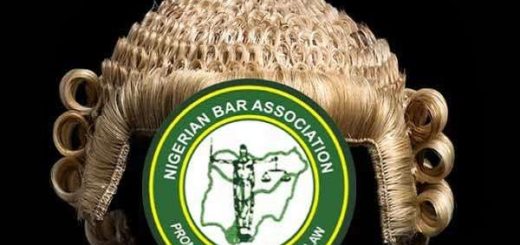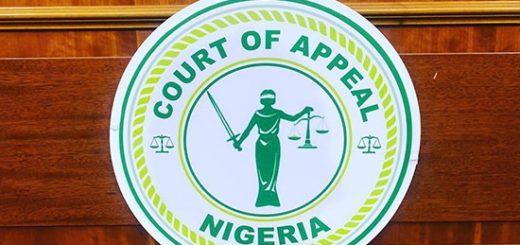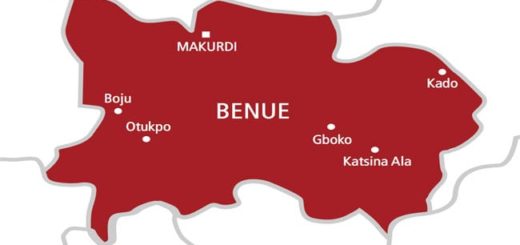SSS Interfering In My Defence Preparation, Kanu Tells Court
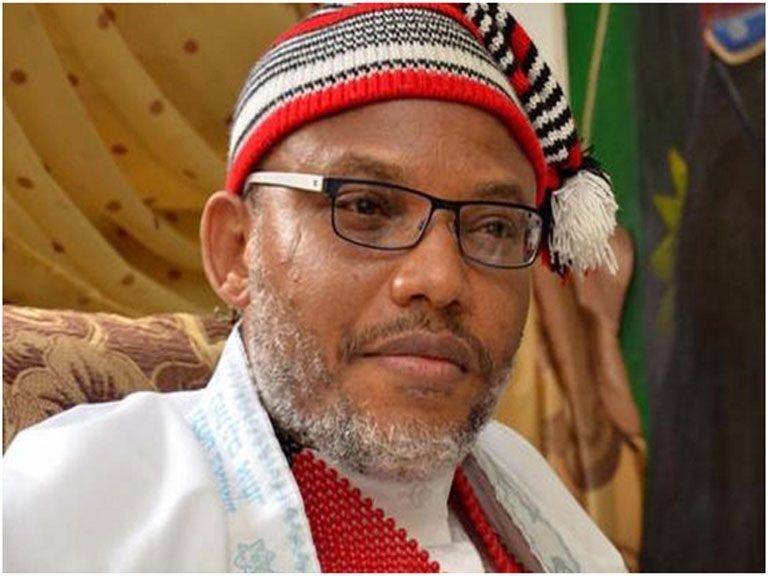 The family of detained Indigenous People of Biafra (IPOB) leader Nnamdi Kanu has accused the Department of State Services (DSS) of eavesdropping on his confidential conversations with his lawyers while preparing his defence.
The family of detained Indigenous People of Biafra (IPOB) leader Nnamdi Kanu has accused the Department of State Services (DSS) of eavesdropping on his confidential conversations with his lawyers while preparing his defence.
Also, his younger brother, Emmanuel, in an open letter to the five Southeast governors, described Kanu’s detention as unlawful.
“Kanu is gravely ill and dying slowly. Biafraland will hold you all accountable should anything happen to him,” he wrote.
The younger Kanu urged the governors not to abandon their son in detention.
He said Kanu has been “wrongfully held against his will and his fundamental human rights have been violated”.
Kanu’s legal team appealed the March 19 ruling of Justice Binta Nyako of the Abuja Federal High Court.
They accused the DSS of obstructing Kanu’s right to prepare his defence.
“The respondent (DSS) denied counsel to the appellant the right to take notes, denied them the rights to transmit messages and information to the appellant, secretly took pictures of counsel and the appellant’s interviews, recorded briefings between the appellant’s lawyers and the appellant, scanned documents meant for the appellant from the appellant’s team of lawyers and even refused to allow lawyers to the appellant deliver letters to the appellant.
“The action of the respondent in the instant case is a flagrant violation of the appellant’s right to counsel of his own choice as stipulated in Section 36 (6) (c) of the Constitution of the Federal Republic of Nigeria, 1999 (as amended),” Kanu’s lawyers said.
According to them, these issues were brought before Justice Nyako, who ruled that she could not “make orders directing a security agency on how to do their work”.
Lead Counsel, Aloy Ejimakor, informed the Court of Appeal that the lower court erred when it denied Kanu’s constitutional right to a fair trial.
He claimed the DSS failed to provide adequate “facilities to prepare for the defence of the criminal allegations against the appellant and his right to counsel of his own choice, thereby occasioning a grave miscarriage of justice”.
He added: “The learned trial court erred in law when the court assumed jurisdiction to proceed with the hearing of the criminal trial against the appellant when the appellant is glaringly denied the constitutional right to a fair trial with particular reference to the denial of adequate facilities to prepare for the defence of the criminal allegations against the appellant and his right to counsel of his own choice, thereby occasioning a grave miscarriage of justice.
“Fair hearing/trial bears the constitutional safeguards of ensuring that the appellant is accorded the adequate facilities to prepare for the defence of the criminal allegations levelled against the appellant.
“The denial of the appellant the opportunity to interact and brief his counsel on what line of defences the appellant tends to agitate in the trial court and rely on was adequately brought to the attention of the trial court by motion.
“The trial court failed and neglected to make necessary orders that would protect the appellant’s aforesaid rights but rather held that the Court cannot dictate how the respondent carries out its work.
“The trial court has the powers to order the respondent (being the detaining authority) to cease and desist from interfering with appellant’s constitutional/fair hearing right to adequate facilities to prepare defence and his right to counsel of his choice; and where it is impossible to do so or where the Respondent persists, the trial court has the power to order an alternative custodial arrangement or non-custodial arrangement for the appellant.
“Denial of the appellant’s right to adequate facilities to prepare defence as enshrined in Section 36 (6) (b) of the Constitution of the Federal Republic of Nigeria, 1999 is a jurisdictional issue in the absence of which the trial court cannot assume or proceed with the jurisdiction over the case unless and until such facilities are accorded to the appellant.”
